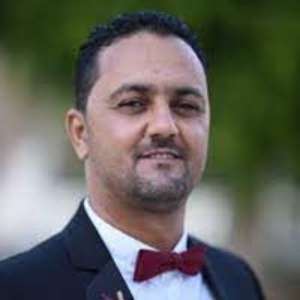Title : Effects of caffeine ingestion on psychomotor state and oxidative stress markers after an 8-km run competition in sleep-deprived recreational runners
Abstract:
Background: Various pharmacological aids are used to counteract the detrimental effects of sleep loss on exercise, such as caffeine. However, studies examining the possible protective impact of caffeine against reactive oxygen species (ROS) at the level of cell and tissue culture as well as in vivo during exercise are very limited and showed controversial results.
Objective: The current study aimed to investigate the effects of caffeine intake on psychomotor state and oxidative stress markers after an endurance race following 26 hours of sleep deprivation.
Methods: Ten recreational runners performed four test sessions in a randomized order at 09:00 h after placebo or 5 mg/kg of caffeine ingestion during a reference night (RN) (bedtime: from 22:30 h to 07:00 h) or a night of total sleep deprivation (TSD). At each session, they performed an 8-km running competition around a 400 m outdoor athletic track. Before and after the race, blood samples were taken and psychomotor tests were performed. Concentrations of oxidative stress markers (e.g. glutathione peroxidase (GPX) and superoxide dismutase (SOD)) were quantified and ratings of psychomotor state (e.g. feelings of good-being (FG), stress (FS), and fatigue (FF)) were measured.
Results: In comparison with RN, FF increased while GPX, SOD, and FG decreased after the TSD condition. As compared to placebo, caffeine ingestion decreased FS by 12.5% following RN, reduced FF by 16.7%, raised FG by 25%, and did not affect levels of oxidative stress markers following TSD.
Conclusion: Caffeine is an effective strategy to mitigate psychomotor adverse effects induced by TSD without being pro-oxidant during endurance running competition.


